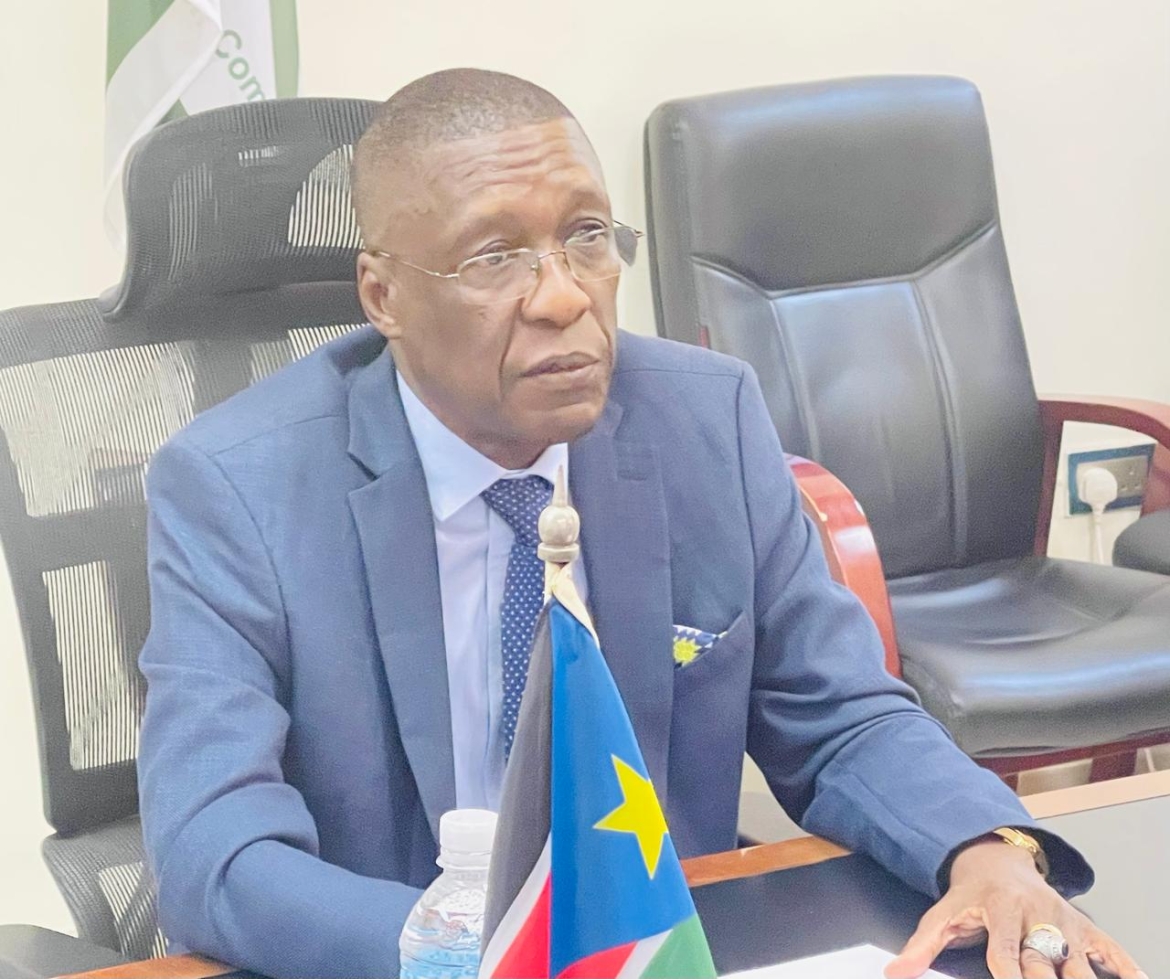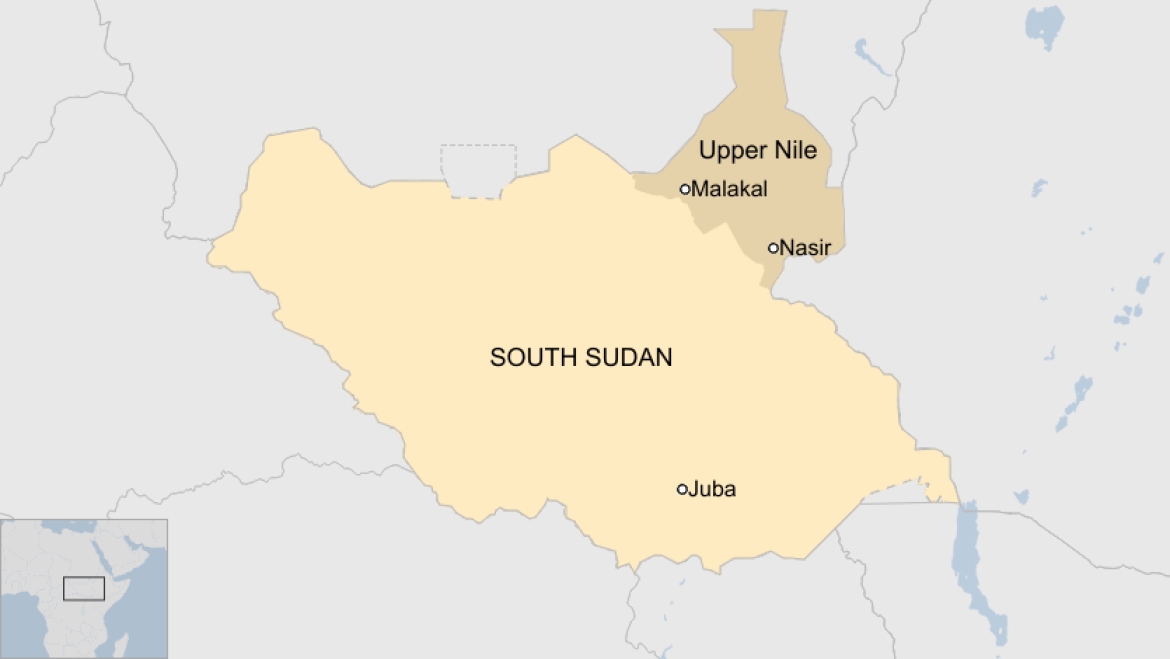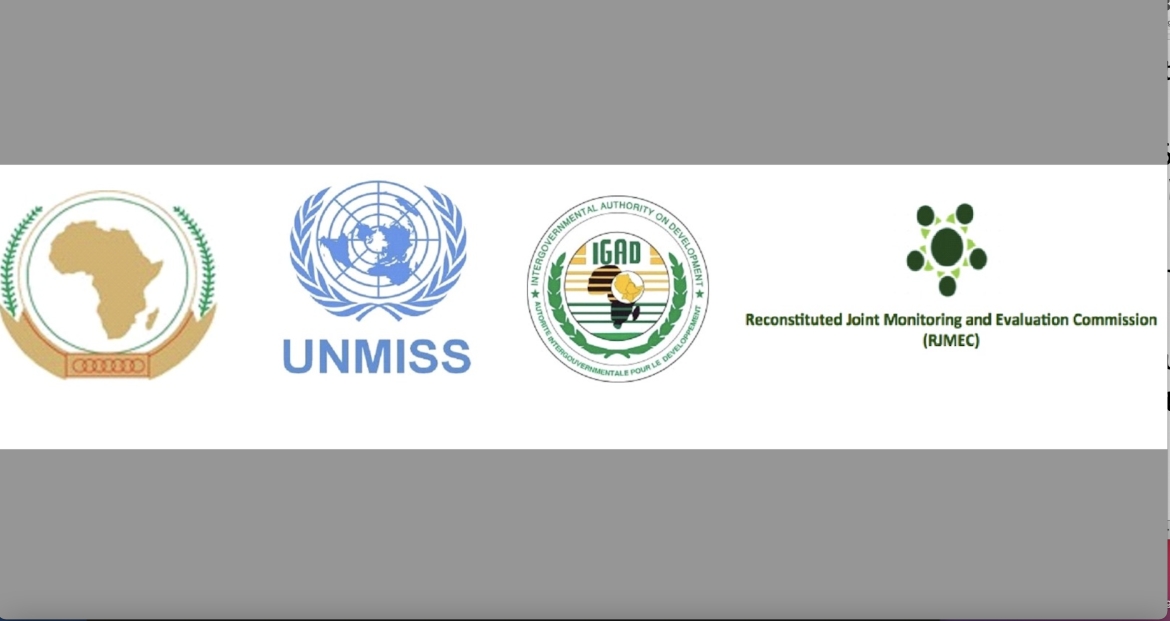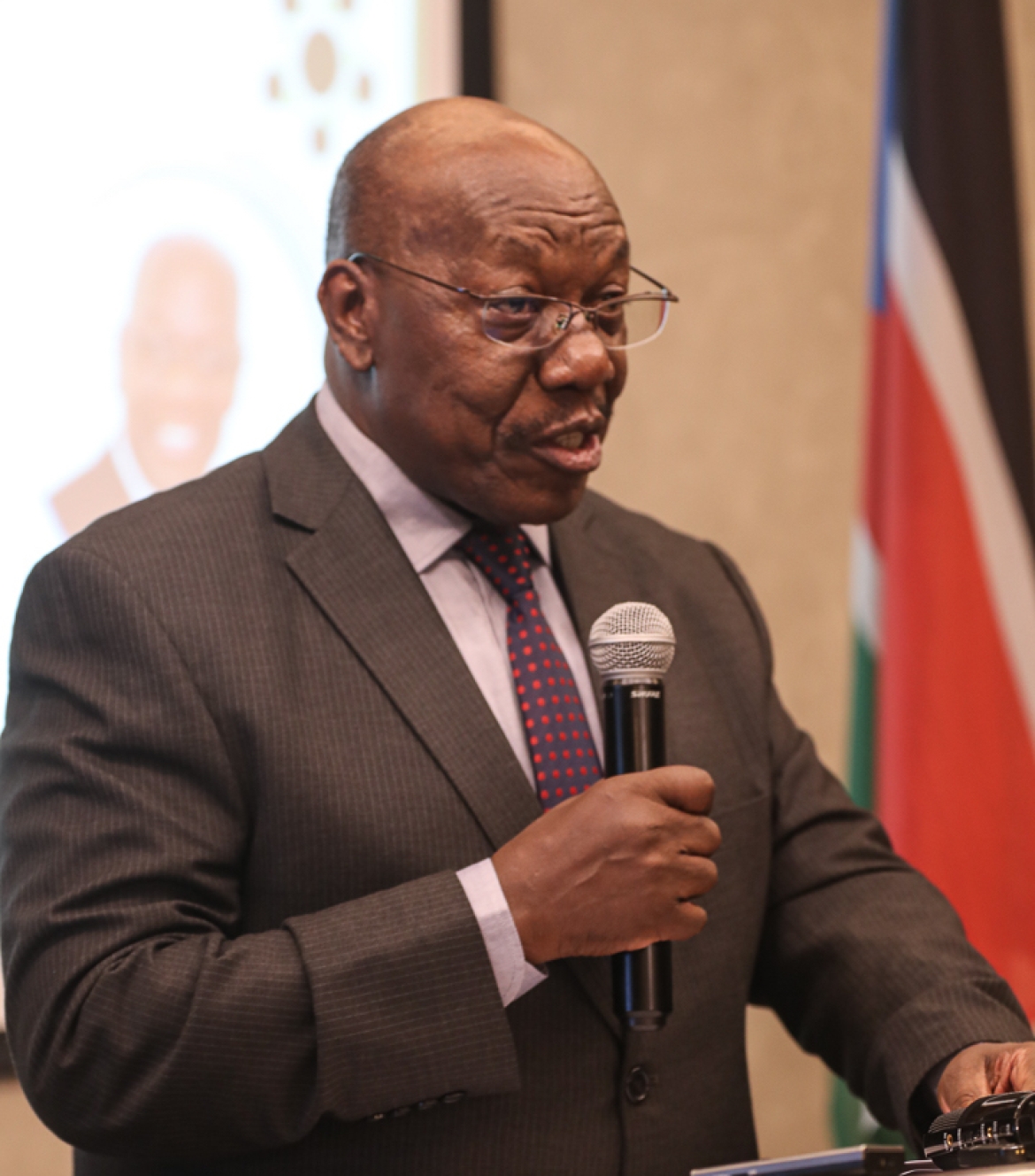Implementing the Roadmap: RJMEC emphasises need for quick results and Peace dividends for all South Sudanese people.
BY Amb. Maj. Gen. Charles Tai Gituai
On Thursday 1 September 2022, a historic vote took place at an Extraordinary Plenary meeting of the Reconstituted Joint Monitoring and Evaluation Commission (RJMEC). The vote was on whether or not to extend the Transitional Period and term of the Revitalised Transitional Government of National Unity (RTGoNU) by two years from 23rd February 2023 until 22nd February 2025.
The proposed extension was part of a Roadmap presented to the RJMEC members by the RTGoNU, known as the “Agreement on the Roadmap to a Peaceful and Democratic end to the Transitional Period of the Revitalised Agreement on the Resolution of the Conflict in the Republic of South Sudan.”
This was done in accordance with Article 8.4 of the Revitalised Agreement on the Resolution of the Conflict in the Republic of South Sudan (R-ARCSS), which requires that at least two-thirds of the voting members of RJMEC consent to an amendment of the Agreement, which is 29 of the total 43 members. 37 voted in favour of the extension.
The extension now requires ratification by the Transitional National Legislature, according to the constitutional amendment procedures set out in the Transitional Constitution of the Republic South Sudan, 2011 (as amended). However, it is important to point out that the Revitalised Peace Agreement remains the supreme document.
The Roadmap, which was presented to the RJMEC members at the meeting by the RTGoNU, is a detailed document. The members participating were told that it was developed in the spirit of building sustainable peace in South Sudan, creating the environment for dialogue, healing, reconciliation for all South Sudanese people, including refugees and IDPs, and setting the conditions for democratic systems.
It was encouraging to hear in the presentation of the RTGoNU’s support for continued action on Sexual and Gender Based Violence, their intention to collect heavy weapons as per Chapter 2 of the Peace Agreement, and for providing the funding necessary for the Special Reconstruction Fund. Furthermore, pushing forward with the economic reforms set out in Chapter 4 and ensuring predictable funding for the Roadmap tasks will be key for full implementation within the timelines set. More importantly, enhancing trust, confidence and reconciliation within South Sudanese people in order to address the legacy of conflicts is a critical requirement that needs deliberate measures going forward, as per Chapter 5. Additionally, members heard in the presentation that making careful preparations for the operationalisation of the National Election Commission are prioritised, as are preparations in general for free, fair and credible elections at the end of Transitional Period.
From my point of view as RJMEC Chairperson, apart from the aforementioned issues, there are additional critical tasks ahead that need keen follow-up, especially the constitution making process which should be completed latest six month before elections, which paves way for the amendment of the National Elections Act 2012, in order to conform to the terms of the permanent constitution. A people-led and people-driven process for drafting the constitution is essential.
Therefore proactive, and concurrent activity planning is essential for success. It is encouraging to note that the SPLM(IO) has now resumed sitting in the Reconstituted TNLA. This has paved the way for the constitution bill and others to be reviewed again, in the spirit of consensus, inclusivity and reconciliation, which are the underpinning principles of the spirit of the R-ARCSS.
In response to the RTGONU’s presentation of the Roadmap, the meeting heard a range of perspectives from the RJMEC members. Many of them touched on the commendable spirit of agreement among the Parties in which this Roadmap was forged, and that this spirit and the Roadmap itself provides new impetus to building peace in South Sudan. That said, many observed that the task ahead is still huge, even with extension. The timeframe is challenging and results must be delivered. In particular, it is important to see improved inclusivity and to extend and protect the political and civic space for all South Sudanese to participate in their governance. More confidence and trust building across society is needed, and significantly, the RTGoNU must remain focused and provide all capabilities and logistics needed for the implementation of the Roadmap.
It is also important to note that the views of all the RJMEC members are very valuable, especially those of the South Sudanese stakeholders, and we cannot forget that the need for this Roadmap arose directly because of the slow pace on implementation of the Revitalised Peace Agreement. Indeed, on the day of the meeting, some members expressed reservations about the RTGoNU’s political will to actually deliver the Roadmap according to its timelines and benchmarks.
That said, the vote passed in accordance with the procedures. It is our job as RJMEC to redouble our efforts and apply ourselves anew as monitors and evaluators to provide the oversight necessary so that the tasks, timelines, and benchmarks are adhered to. Now more than ever, close monitoring of implementation is needed.
Momentum can be a powerful thing. The vote on the extension came two days after the first batch of the National Unified Forces was graduated. As I said in my remarks at the graduation ceremony, the graduation of the almost 22,000 unified forces was a remarkable achievement, and I offer my congratulation to H.E. Salva Kiir Mayardit, President of the Republic of South Sudan, H.E. Dr Riek Machar, First Vice President, and all the Four Vice Presidents, for making this leap forward. There is now an urgent need to build on the momentum generated by completing graduation of Phase I in Greater Bahr el Ghazal and Greater Upper Nile, and proceed with Phase II of the unification of forces. Beyond this, that momentum must be carried forward into all areas of the Peace Agreement and the implementation of the Roadmap.
It is clear that much remains to be done across all the chapters of the Revitalised Peace Agreement, especially in the Permanent Constitution-making process, legislative reforms and the necessary preparations for free, fair and credible elections at the end of the Transitional Period. I, and my team at the RJMEC Secretariat, will stand shoulder to shoulder with the RTGONU as it continues to implement the Peace Agreement, including monitoring the tasks and timelines that in the context of the Roadmap, the RTGoNU has set itself. I urge that throughout implementation, the requirements of women and youth inclusion in the implementation of the tasks of the Peace Agreement is respected and adhered to.
It is of utmost important to the people of South Sudan that quick results are seen from implementing this Roadmap, and that the dividends of peace filter down throughout society to all South Sudanese people, and lay a foundation for a united, peaceful and prosperous society based on justice, equality, respect for human rights and the rule of law.
The author is the Interim Chairperson of the Reconstituted Joint Monitoring and Evaluation Commission (RJMEC)





